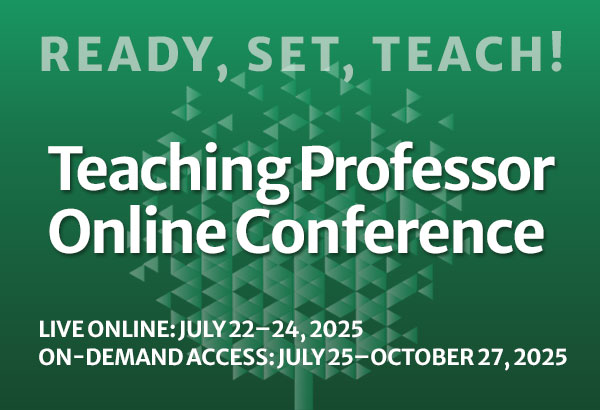
Online Quizzing Changed How I Use Quizzes
Before March 2020, I believed firmly that frequent, in-class quizzes were a way to ensure students had prepared for class and had some understanding of the material. In fact, I was notorious for pop quizzes, although I did make it a practice of dropping the












